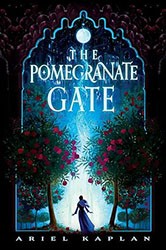This book is a reading of Jewish texts from medieval Spain by a Spanish political scientist. Roiz applies a host of positive attributes to the Andalusian Jewish tradition, as exemplified by Maimonides, which he believes are the ingredients for a positive political philosophy. In opposition he places the “Gothic tradition,” which he identifies with Ashkenaz and with Gentile influence. The Gothic tradition, which emphasizes corporate bodies such as cities and states, stands for fear and vigilant control of the individual, and against the authority of rabbis and of good judgment. The author traces this negative tradition from medieval Ashkenaz to early modern Protestantism and Machiavelli, while the Maimonidean tradition can later be found in Italian Renaissance humanism and in Freud. The ultimate goal of the book is to find the roots of modern-day states in the “Gothic” tradition, and to point to the Jewish communities of medieval Spain as an alternative political structure that would leave more room for individual freedom.

Nonfiction
A Vigilant Society: Jewish Thought and the State in Medieval Spain
- Review
By
– August 7, 2013
Pinchas Roth (PR) is a post-doctoral fellow at Ben Gurion University of the Negev.
Discussion Questions

Jewish literature inspires, enriches, and educates the community.
Help support the Jewish Book Council.



